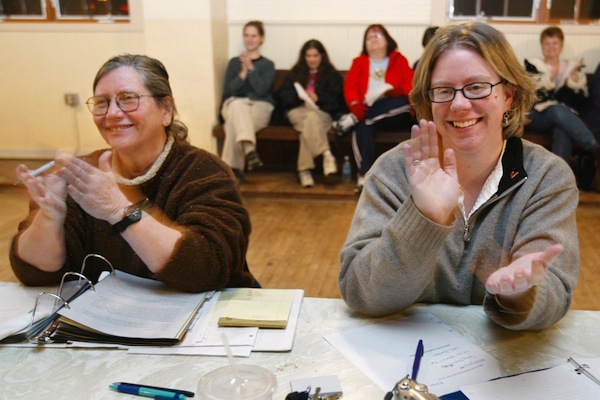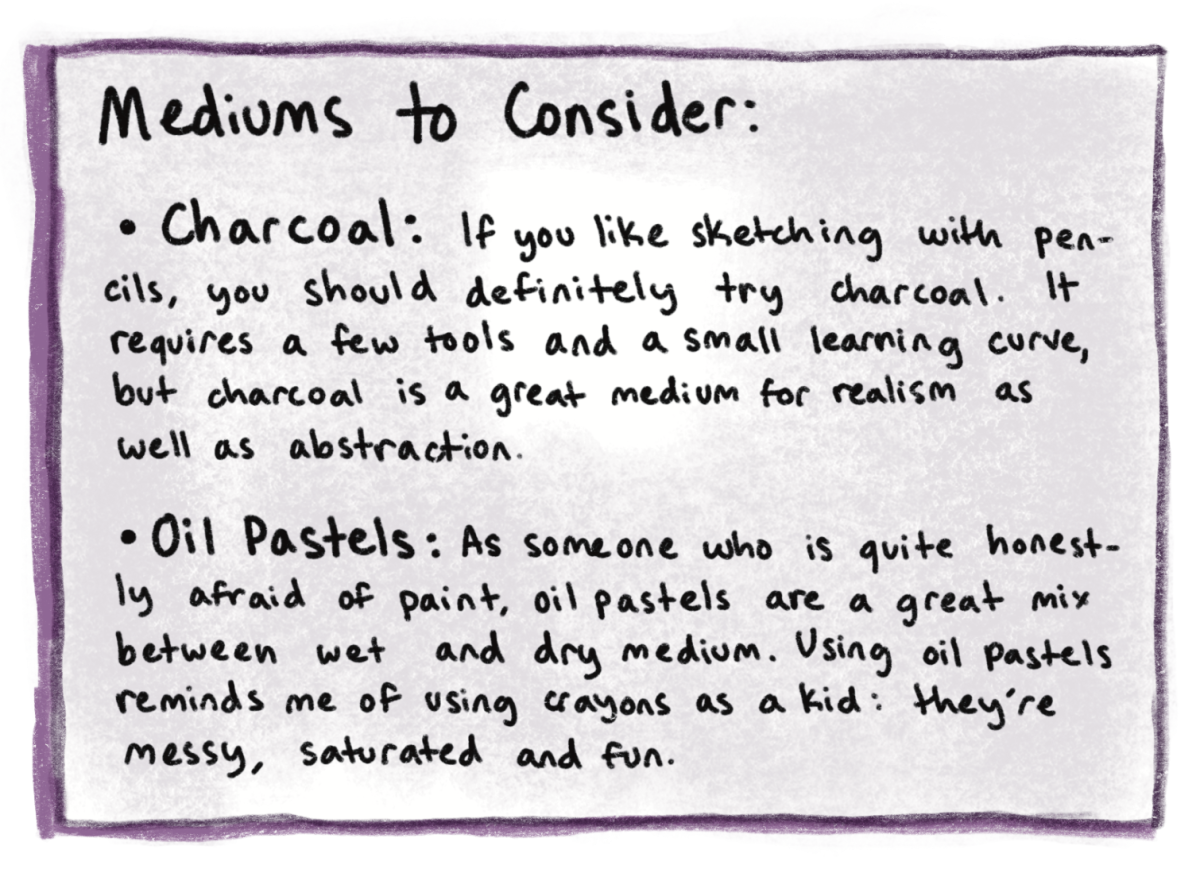Troy Davis’ execution began at 10:53 p.m., Wednesday Sept.19. He died at 11:08 p.m. At the time when his heart stopped beating, the international community was far from quiet.
RIPTROYDAVIS and IAMTROYDAVIS trended on Twitter all night, and newspapers were tweeting updates about the crowd gathered in vigil and the state of the case. Facebook groups were active, showing support of Davis and the next day, photos of crying men and women flashed on the news while reports of the tension surrounding Davis’ final night–and how his execution almost didn’t happen, were told.
Though Davis may be dead, communities must not let his fire or his cause die. Davis, and those who died before him by execution, must not die in vain. In a developed country, where the political system is stable enough to make changes to the judicial system, it is shameful that we still have the death penalty.
When it comes to the question of human life, the economic benefits of capital punishment must not be taken into account. Many states have eliminated the death penalty, but Missouri still has one, having reinstated it in the 1970s.
But Davis’ case is about more than just whether one supports the death penalty or not. This case addresses fundamental problems with our justice system that involve racial biases, backroom deals and the obstruction of justice. At a time when men like the West Memphis Three are being freed because of DNA evidence and based on plea bargains, it is upsetting that a man who continued to plead innocent is killed.
In such a contentious case as this, where the jury and witnesses admit to being manipulated, and three prior execution dates have been postponed, a permanent punishment like death should not have been administered. Davis’ execution was scheduled for 7 p.m., but was delayed by another appeal to the court, of which the requested stay of execution was not granted.
President Obama did not pardon Davis’ and the pleas of others, including former President Jimmy Carter and Amnesty International, were not enough. Amnesty International started an online petition called ‘Not in my name’ and one of their six focus campaigns: abolishing the death penalty, seems more timely than ever.
Though the image of Davis in his mug shot is a haunting one, the ones of his family and supporters is more so. It can be difficult to measure the impact a death will have until after it happens, and the impact in Davis’ case was immense.
Davis’ last words were, “I am innocent.” If the community sits by and watches this case fade into time without a fight, then we are all guilty of civic neglect. Everyone must take a moment to think about Davis, and about what his fight for justice can teach. Yet, we must not only reflect on Davis’ death, but also take action and find a way to change these aspects of our society.
Perhaps one man’s death can create a global effort to stop the death penalty, starting with the United States, a country that is perhaps the most capable of doing so. #










